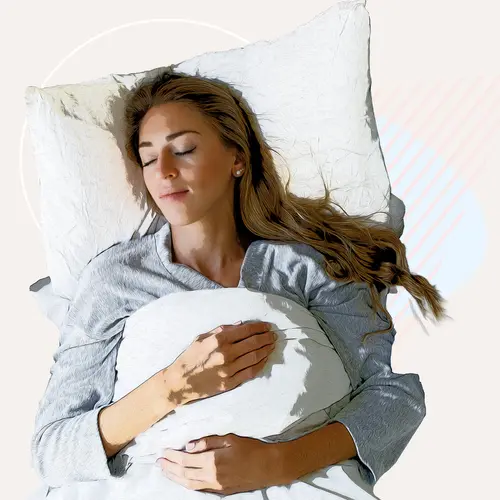You may reach for caffeine pills to ward off daytime sleepiness, keep you going at work, or help you stay awake as you cram for tests. But do they really work? Are they safe? Here’s what you should know.
Caffeine Pills: The Facts
Caffeine is a stimulant drug that helps you stay awake and alert when you’re sleepy or tired.
Many people drink coffee or tea to get a regular dose of caffeine. A typical cup of coffee has about 100 mg of caffeine. A brewed cup of black tea has about 50 mg of caffeine.
Caffeine pills deliver caffeine in the form of a pill. A typical caffeine pill has 100-200 mg of caffeine in each pill.
Caffeine pill brands include:
- Alert
- NoDoz
- Pep-Back
- Stay Awake
- Vivarin
You may also find caffeine in dietary supplement products. They may come in powder or liquid form and contain pure or highly concentrated caffeine.
Do Caffeine Pills Work?
Like coffee and other caffeinated drinks, caffeine pills help you stay alert. If you’re tired or drowsy, they can help you feel more awake.
Like other forms of caffeine, caffeine pills may have side effects, especially if you use too much. Side effects may include:
- Acid reflux
- Anxiety
- Diarrhea
- Dizziness
- Excessive thirst
- Headache
- Insomnia
- Nausea
- Racing heart rate
- Shivering
- Sleep paralysis
- Unhappiness
- Vomiting
Caffeine pills aren’t a replacement for sleep and you should only use them occasionally. If you feel drowsy or tired regularly, talk to a doctor.
Are Caffeine Pills Safe?
If you’re an adult, you can safely have about 400 mg of caffeine per day. That’s about 3-5 cups of coffee or 2-4 caffeine pills.
It’s hard to overdose on caffeine by drinking coffee; you’d have to drink about 20-30 cups.
But getting too much caffeine from pills is easier because they’re fast and easy. If you keep taking more pills to stay awake and you’re very focused on what you’re doing, you may lose track of how many pills you take.
Taking too many caffeine pills can be dangerous. An overdose of 1-5 grams of caffeine may lead to coma or death.
Caffeine overdose is especially risky if you use supplement products that have pure or highly concentrated caffeine and come in bulk forms like powder or liquid. It’s hard to measure amounts precisely, so it’s easy to go from a safe amount of caffeine to a toxic, life-threatening amount.
Avoid mixing caffeine pills with carbonated drinks or energy drinks, which may increase risk of overdose.
It’s possible to become addicted to caffeine pills because caffeine is a stimulant drug. If you take caffeine pills on an ongoing basis, you may become dependent on them. When you stop, you may have withdrawal symptoms like dizziness, headaches, nervousness, and fatigue.
How to Take Caffeine Pills Safely
Follow the instructions on your caffeine pill label or ask your doctor for recommendations on how to take caffeine pills.
Follow these guidelines:
- Limit your caffeine intake to 400 mg of caffeine per day. Remember that foods or drinks with caffeine, like coffee, tea, soda, caffeine drinks, and chocolate milk, have added caffeine. It may be best to avoid them when you take caffeine pills.
- Avoid caffeine pills close to a time when you’re trying to sleep.
- Avoid over-the-counter medications like cold or allergy medications unless you talk to your doctor first.
- Avoid grapefruit juice when you take caffeine pills because it may increase the effects.
- Watch for signs of overdose, like a fast heartbeat, nervousness, irritability, and trouble sleeping.
When to Avoid Caffeine Pills
Children under age 12 shouldn’t take caffeine pills. If you’re an adolescent or young adult, talk to your doctor about caffeine pills and make sure you don’t mix them with alcohol or other drugs. If you’re pregnant, trying to become pregnant, or breastfeeding, it may be best to limit caffeine.
Ask your doctor if it’s safe to take caffeine pills if you have or have had:
- Heart problems
- High blood pressure
- Liver disease
- Stomach ulcer
If you’re taking certain medications or supplements, it may be unsafe to mix them with caffeine pills. Talk to your doctor if you’re taking:
If You Don’t Sleep Well
If you’re not getting enough sleep, it may be best to avoid caffeine pills. You may slip into a cycle of taking pills to stay awake, which interferes with your sleep, then causes a sleep deficit. That may lead to problems staying alert during the day. And the cycle continues.
Talk to your doctor if you have ongoing fatigue, drowsiness, or trouble sleeping.

